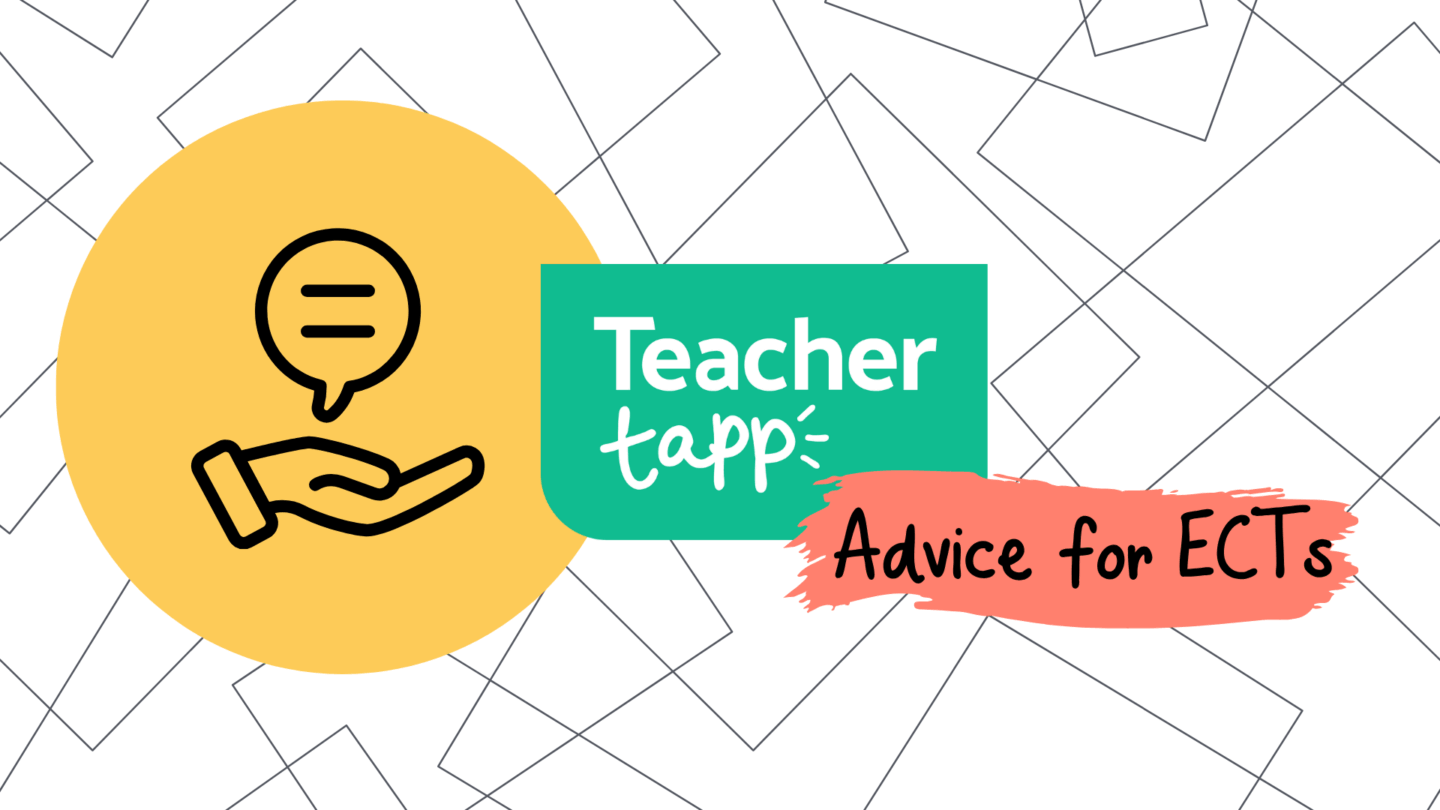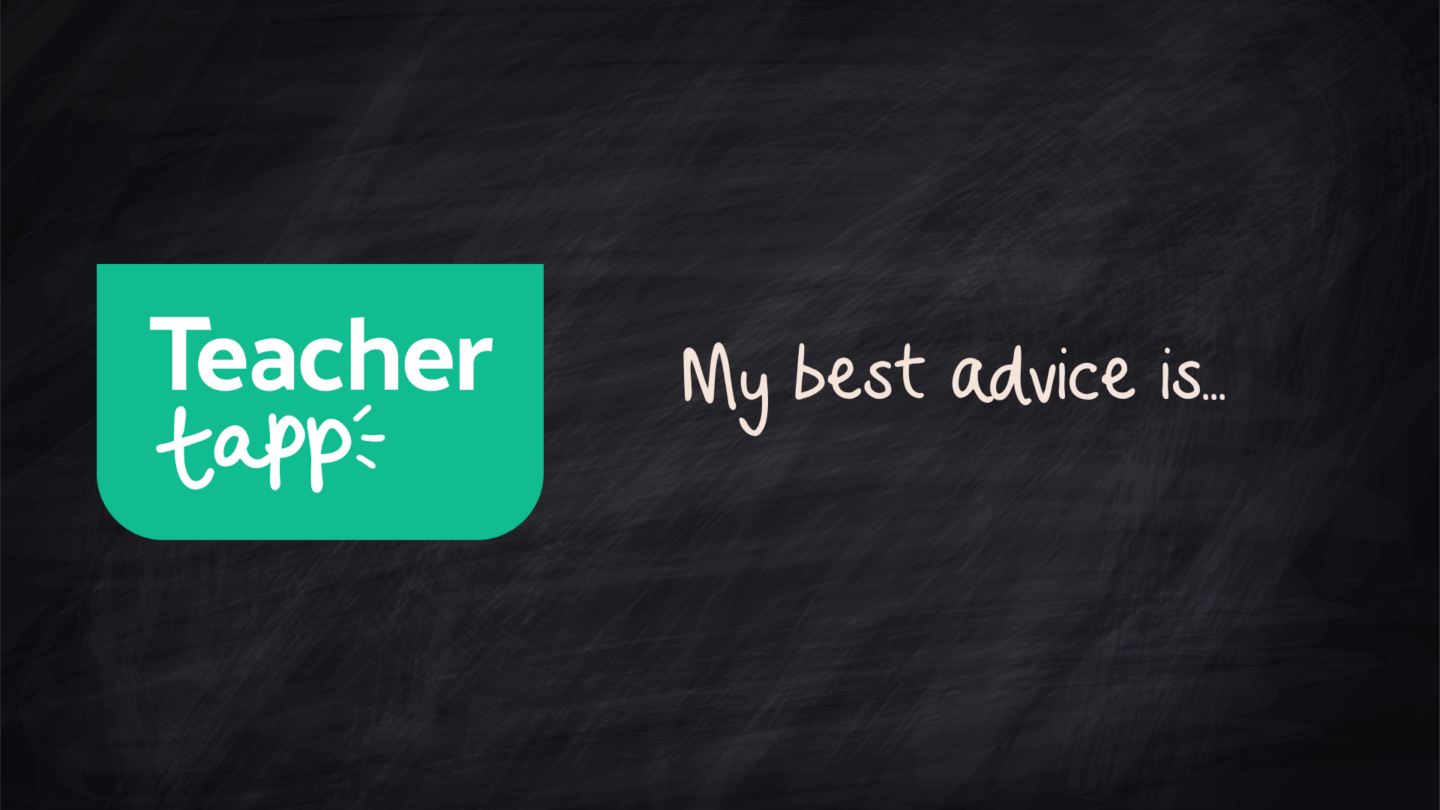Have you noticed that we’re close to hitting 10,000 responses per day on Teacher Tapp? 🥳 Hitting this numbers means we can continue producing high quality research and making sure all of your voices are heard by those making decisions!
To celebrate hitting this milestone, we want to say thank you for continuing to use Teacher Tapp! On the first day we hit 10,000 responses, we will draw out of our virtual hat the name of one lucky Tappster who answered questions on that date and you will win big.
But, what do you win? There are prizes for both you and your school! For you, £1,000 cash, and for your school, our unlimited School Survey package (offering staff, parent and pupil surveys) and a year’s supply of tea and coffee for your staffroom? To be in with a chance of winning, keep Tapping every day and encourage your colleagues to get involved so we hit that 10k target – you can read the Terms and Conditions here.
Now, onto results!
Collegiality
Over the years, you’ve told us that there are many things associated with teacher retention; workload, behaviour and leadership to name just a few. However, we’ve never really looked into whether collegiality affects retention. When we asked about morale a few months ago, a key theme that emerged was that in a school with high morale, teachers feel part of a team and have a laugh with each other.
We already know that around half of you have a best friend at work and almost 90% of you say that if you were to leave your current school, you’d remain friends with at least one of your colleagues. Though you were more divided on whether you’d go along to a staff social for an hour on a Friday. Those more likely to say ‘yes’ included teachers in primary schools, those in smaller schools and younger teachers. Whether or not you had children at home wasn’t an important factor in your decision to go or not.
If you’re more likely to attend a staffroom social, then you were also more likely to say morale was better in your school. This intuitively matches what we have previously found. Socials potentially being one way to reinforce the team dynamic within your school. Teachers who were more likely to socialise are also less likely to say they are burnt out.

Of course, it could simply be that people who feel they are in a high morale environment and are less burned out are also more likely to socialise! At this point, we can only point to a relationship rather than a direction.
But it’s important to note that, teachers who were more likely to attend a staffroom social were also less likely to consider resigning from their post. And teachers who would definitely attend a social were more than twice as likely to say they had never considered resigning from their post in a given time period that those who said they wouldn’t attend.
For schools where teacher retention is a concern, it may be worth checking in on teachers who are less sociable. Some will simply be of a more introverted nature and happier being left to do their work, but on the grounds that those who would definitely not attend a staffroom social are almost 6 times more likely to be thinking about considering resigning their post, it’s one of those things to keep an eye on.

One of the things we aren’t sure on yet is how this is different across large and small schools, and also across departments within secondary schools. It’s something we are looking at and will come back with more findings soon!
School Improvement
A month or so ago, we asked what you felt your school’s top priority for improvement should be. For secondary teachers, the response was clear: behaviour! Two-thirds of you said this should be top of the list. For primary teachers, you wanted your school to focus on curriculum and assessment. But are these priorities happening in practice?
The short answer: sometimes!
- One-in-four primary teachers said curriculum and assessment should be their school’s top priority, and for the vast majority of them, it is
- Primary teachers were less likely to say that behaviour is one of their school’s priorities, although around 30% of teachers think it should be their school’s top priority
- 31% of secondary teachers say that their school’s top priority should be behaviour during lessons – but less than half say this is actually the case in their school
- The same is true for behaviour outside of lessons – where although 33% of secondary teachers said it should be their school’s top priority, it is only the case for half of them
The majority of you do at least feel as though your school has a coherent approach to improvement. However, almost one-in-five classroom teachers don’t agree, despite almost all headteachers saying this is true. This is something we often see in Teacher Tapp data, with a difference in perception between leadership and classroom teachers.

Profession Advocates
Teaching is going through a particularly rough patch. You’ve been telling us that behaviour problems are on the rise, workload continues to be an issue and that support from the government hasn’t been particularly high. Perhaps it comes as little surprise then that just one-in-four of you would consider encouraging your child to become a teacher – the lowest point it’s been at for the four years we’ve been asking. In fact, one-in-five of your would actively discourage them from doing so!
None of this looks like it’s about to help the looming teacher shortage 😬

And finally…
The most read tip this week was: The top teacher movies of all time!
And here are the rest for your reference:





